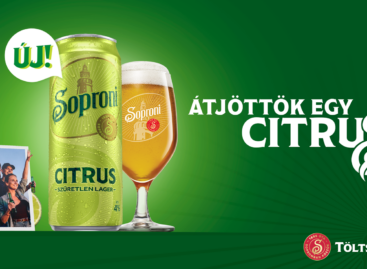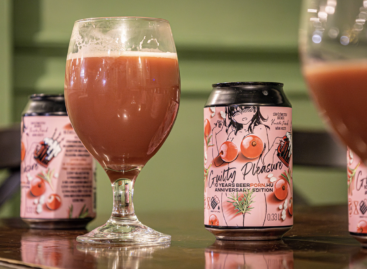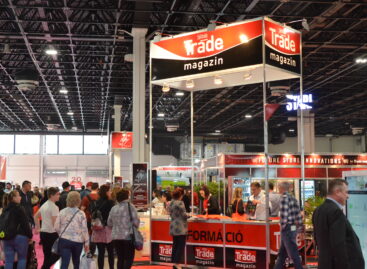Domestic beer consumption is drastically decreasing
Serious changes can be observed in the domestic beer market: although the decrease in consumption does not spare this sector either, there is an increasing demand for quality beers. This is particularly beneficial for small-scale, or otherwise known as craft breweries, which are becoming more and more popular among the population. The Extended Producer Responsibility System (EPR) introduced last year, as well as the Mandatory Redemption System (DRS), which came into effect this July, caused serious difficulties for breweries. However, the sector actors interviewed by the Agricultural Sector typically spoke positively about their situation and expect an upswing in consumption in the remainder of the summer period.
Development of beer consumption in Hungary

While 105 liters of beer were consumed per person in Hungary in 1990, this had fallen to 59 liters by 2014. However, a technological and quality revolution took place in the industry, so beer consumption has since risen to 68 liters per person. In recent years, however, growth has stalled as a result of the coronavirus epidemic. According to data from the Association of Hungarian Brewers, domestic beer consumption was just over 5.4 million hectoliters in 2023, which represented a 10% drop compared to the 6.01 million hectoliters measured in 2022. This year, however, it may be possible to make up for part of this backlog, but in the long term, experts expect a trend-like decrease in beer consumption in parallel with the decline in alcohol consumption.
Craft Breweries: Growth and Challenges
The segment of craft and small-scale breweries may experience a certain level of growth, although they have been hit harder by recent cost increases – raw material prices, energy prices, wage costs. The extended producer responsibility and the mandatory redemption system caused serious administrative and cost difficulties, which they could not, or only partially, enforce in their prices. The festival season and sports events do not mean an absolute increase in sales either, since these breweries do not basically aim for high-volume sales, rather they are based on cultured beer consumption and customers receptive to specialties.
Related news
Unfiltered lager is refreshed with citrus, Balaton Summer is coming soon
🎧 Hallgasd a cikket: Lejátszás Szünet Folytatás Leállítás Nyelv: Auto…
Read more >MOHU: 5,200 return points are in operation, but 47 larger settlements still do not have RE points – public “enema” machines may be introduced
🎧 Hallgasd a cikket: Lejátszás Szünet Folytatás Leállítás Nyelv: Auto…
Read more >Hungarian beer magazine celebrates with rosé beer
🎧 Hallgasd a cikket: Lejátszás Szünet Folytatás Leállítás Nyelv: Auto…
Read more >Related news
The Store of the Future opens again at the SIRHA Budapest exhibition! (Part 4)
🎧 Hallgasd a cikket: Lejátszás Szünet Folytatás Leállítás Nyelv: Auto…
Read more >Spring whirlwind at the 60th anniversary EuroShop trade fair
🎧 Hallgasd a cikket: Lejátszás Szünet Folytatás Leállítás Nyelv: Auto…
Read more >The economic sentiment index deteriorated in the euro area and the EU in February, but improved in Hungary
🎧 Hallgasd a cikket: Lejátszás Szünet Folytatás Leállítás Nyelv: Auto…
Read more >








